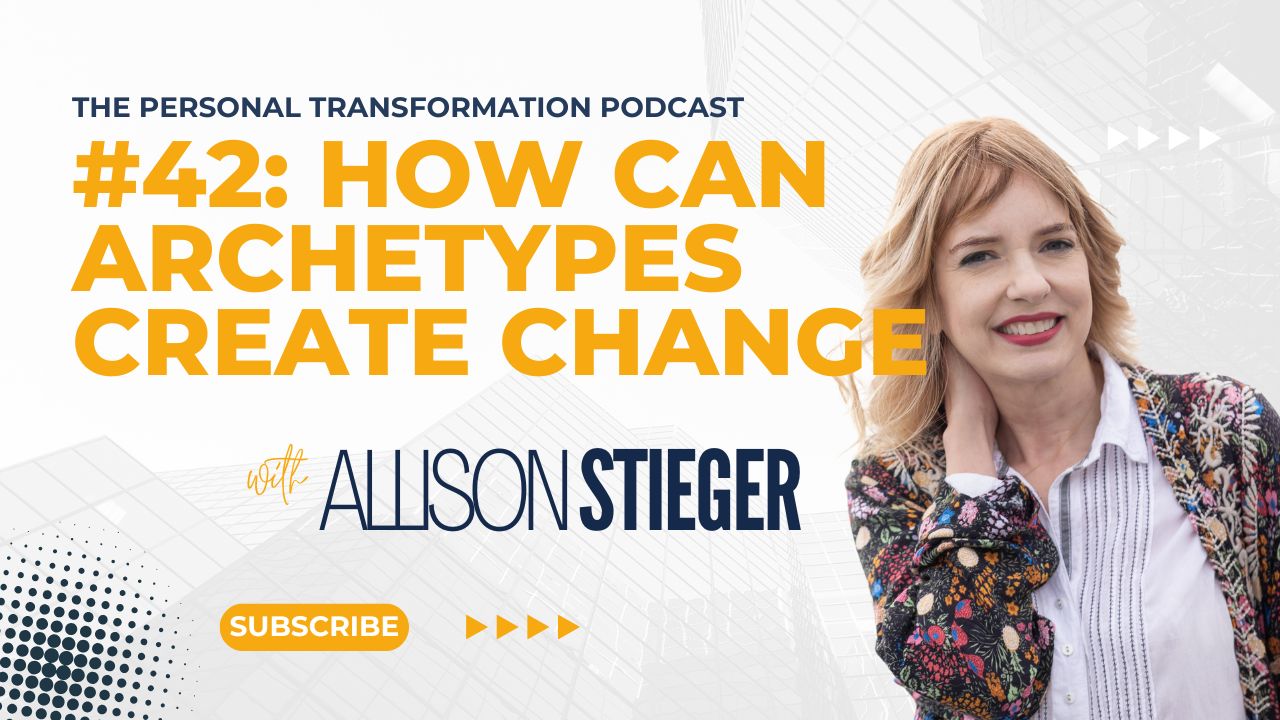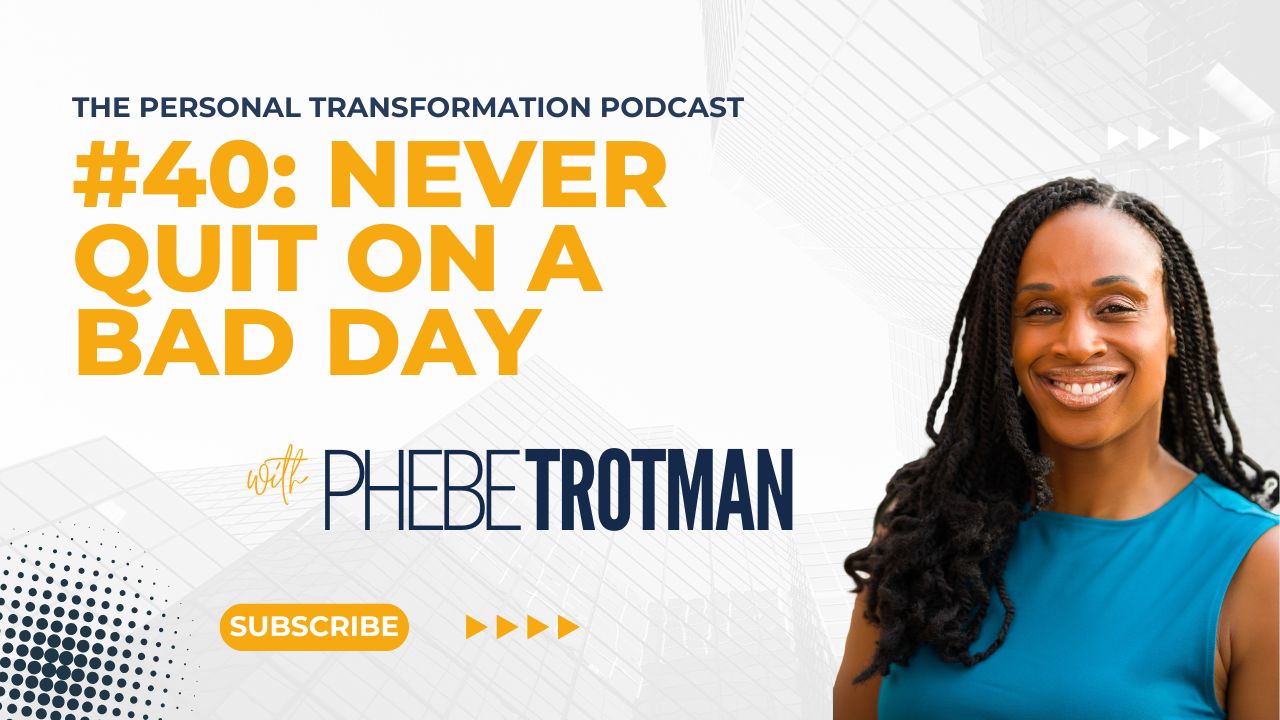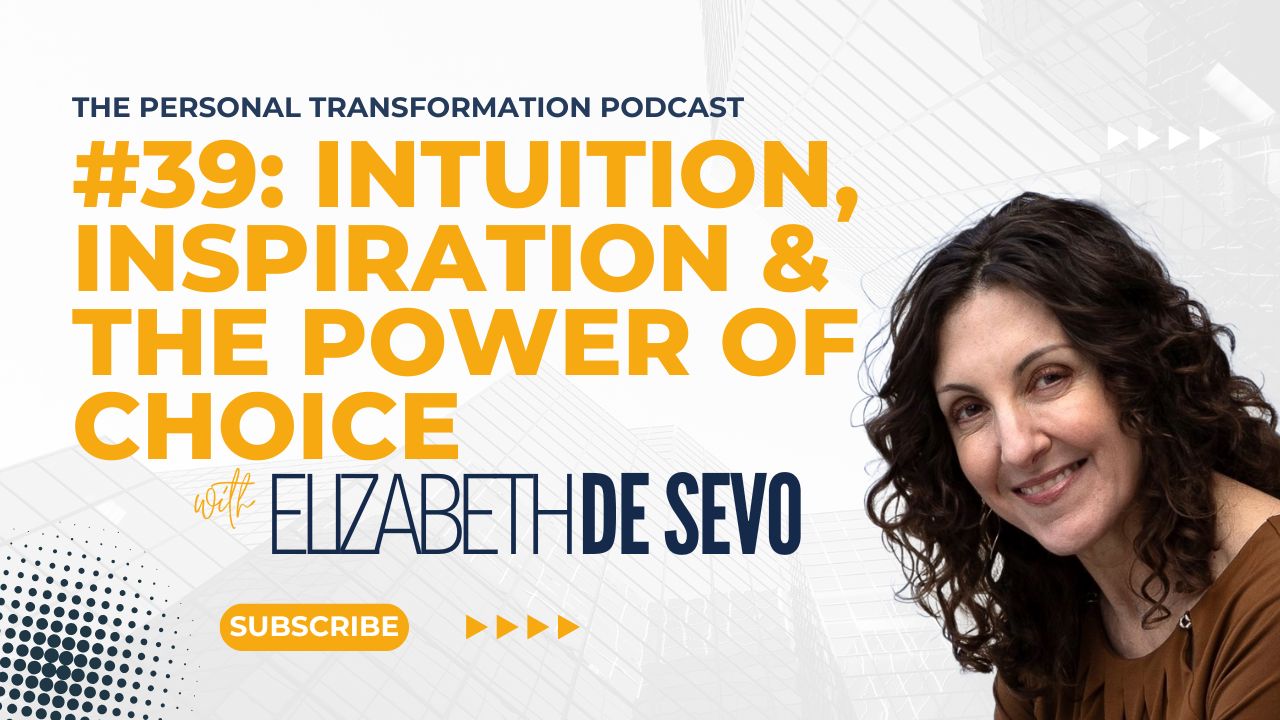What is Optimism?
Let’s say there is a glass of water in front of you that contains 50% water. Does the way you look at the glass as either half full or half empty determine whether you are an optimist, or is there something more to the concept of optimism than this classic example suggests?
Optimism is a characteristic that is admired in people. Having a positive outlook on life, always finding a sliver lining and generally seeing the best in people. Who wouldn’t choose those qualities on the menu of life?
What is the opposite? Negativity? Pessimism?
It seems optimism and pessimism are pitched together in an eternal battle like good versus evil. The pessimist points out how it is raining and the optimist retorts that the sun is still shining above the clouds.
It probably comes as no surprise that the pessimist secretly wants to punch the optimist in the face.
However, if we look at the psychological definition of optimism, we find that the word means so much more than unicorns, marshmallows and fairy tale endings.

What Is Optimism? Psychology Definition
Optimism, in psychology, is the belief in the ability to influence a situation. Optimists believe that positive outcomes result from internal attributes and that negative events are due to external factors.
For example, a good business outcome can be explained in different ways. An optimist will attribute the result to the planning and preparation work that the team put in, that their effort influenced the decision and that if they work hard on the next deal, they will likely get a similar outcome.
Pessimists may experience the same positive outcome differently. For them it would be luck, unrelated to the work they put in, and the chances are good that next time they will lose the deal.
On the other hand, a negative outcome for optimists will be due to external forces that couldn’t be influenced, was just a one-off, and won’t likely happen next time assuming the same work rate is put in.
Optimistic people attribute internal, stable, and global explanations to good things and external, unstable and unique explanations to negative events.
Ultimately, optimists adjust their attitude about situations to focus on 3 different areas.
Circle of Influence
Optimists will focus on outcomes they can control or influence. They realise things that things outside of this circle of influence that still annoy them, such as the weather or crazy people driving next to them on the road, are going to exist no matter what. There is no point getting stressed over things out of their control. Instead, they adjust their clothes or their driving speed, things they can control, and go about their day in a positive manner.
Agency
Pessimists and optimists both wonder why they never win the lottery. The difference is the pessimist didn’t even buy a ticket. Optimists realise that their actions, or lack thereof, influence their reality. They understand the concept of cause and effect. They recognise the work that goes on behind the scenes whereas pessimists just see overnight success stories.
Self-Efficacy
Optimists find a way to strengthen their self-efficacy by modeling other success stories and building their ability and confidence levels over time. Both pessimists and optimists will find themselves low on energy at times, facing big challenges. The difference is that pessimists allow that situation to defeat them whereas optimists put on their favourite music playlist and get ready to step up their intensity level even higher.
But does optimism really make a difference, or is it just a case of seeming a little more happy?
Well, turns out being optimistic is a great way to influence your work efforts. Optimism is a key component of psychological capital which has been shown to positively impact attitudes, behaviours and performance in a work context.
Optimists also tend to be healthier, with lower levels of smoking, greater physical activity and more healthy food choices such as fruit, vegetables and whole grain food options.
As well as making life’s challenges less intimidating, it seems that optimism also has a number of physical benefits. Being optimistic can help you reduce your chance of conditions such as cardiovascular disease, stroke and depression by anywhere from 5-10%.
So what is optimism? Well it seems as though there is a lot more to being optimistic than pink fluffy unicorns.
Ultimately, optimists may see the glass as half full or half empty, but what makes people optimistic is how they react. Pessimists will sit there arguing about how much water is in the glass and why it shouldn’t be that way. The optimist picks up the glass, drinks its contents and then heads to the bar for another one, full this time.
Oh, and while you are there, grab one for the pessimist too!



Leave A Comment